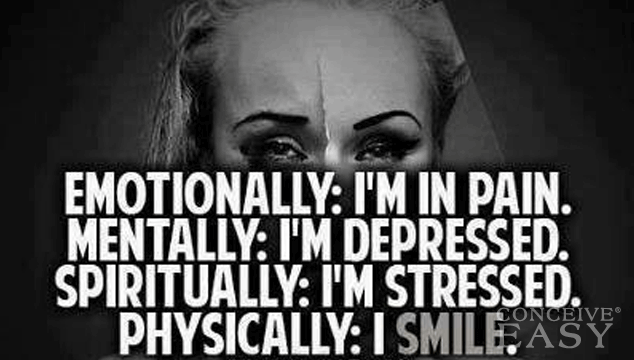
Having a baby brings about a ton of different, and sometimes weird feelings that new moms don’t often expect. Besides the happiness, joy and love that can overwhelm you when your baby is born, there are sometimes some not so nice feelings that accompany childbirth. However, how do you know if the feelings you are experiencing are the crappy, but not harmful baby blues, or the more serious and sometimes dangerous postpartum depression? Read on to find out the differences between the two. Claim Your 20 Free Pregnancy Tests – Click Here

The baby blues are very common, and affect almost all new moms in one way or another. The baby blues are most likely just due to the huge hormonal shifts and changes that a new mother experiences. While new moms will experience a surge of positive emotions such as joy, love, happiness, excitement, and bliss, sometimes there are also a few negative emotions that accompany the birth of a baby.
New moms can sometimes feel excessively weepy, overwhelmed and sad for no reason at all. It is also very common for new moms to feel nervous, afraid of what lies ahead, and a little bit worried. The baby blues are often accompanied by irritability, trouble concentrating, sleep problems, anxiety, worry, stress, and feeling restless. The baby blues normally show up a few days after giving birth, and last just a few weeks until hormone levels go back to normal.

Postpartum Depression is much more serious than just the simple baby blues, and can be dangerous. One of the main differences between the baby blues and postpartum depression is that postpartum depression can occur anytime within the first year after the birth of a child.
The symptoms of postpartum depression and baby blues are often the same, but the main difference is that postpartum depression symptoms last longer and affect a woman’s functionality more than just the simple baby blues.
Postpartum depression also sometimes includes dangerous symptoms such as suicidal thoughts, inability to bond with the baby, or thoughts about hurting the baby. The big issue with postpartum depression is that sometimes it doesn’t even show itself until months after the baby is born, so women don’t even associate it with their pregnancy or baby.

Postpartum Psychosis is very rare, only affecting about one in every 1000 mothers who gives birth. Postpartum psychosis is like postpartum depression on steroids. It is marked by a detachment from reality and includes things like suicidal thoughts or actions, thoughts or attempts to hurt your baby, delusions, erratic behavior, mood swings, violent behavior, inability or refusal to eat or sleep and hallucinations.
Due the extreme nature of postpartum psychosis, it is considered a medical emergency and the mother must be kept in a hospital setting to make sure that both her and her baby remain safe. Luckily postpartum psychosis is very rare, but it is very serious. If you think you have postpartum depression, postpartum psychosis, or just the plain old baby blues, talk with your doctor about ways to deal and things that you can do to help.










Comments